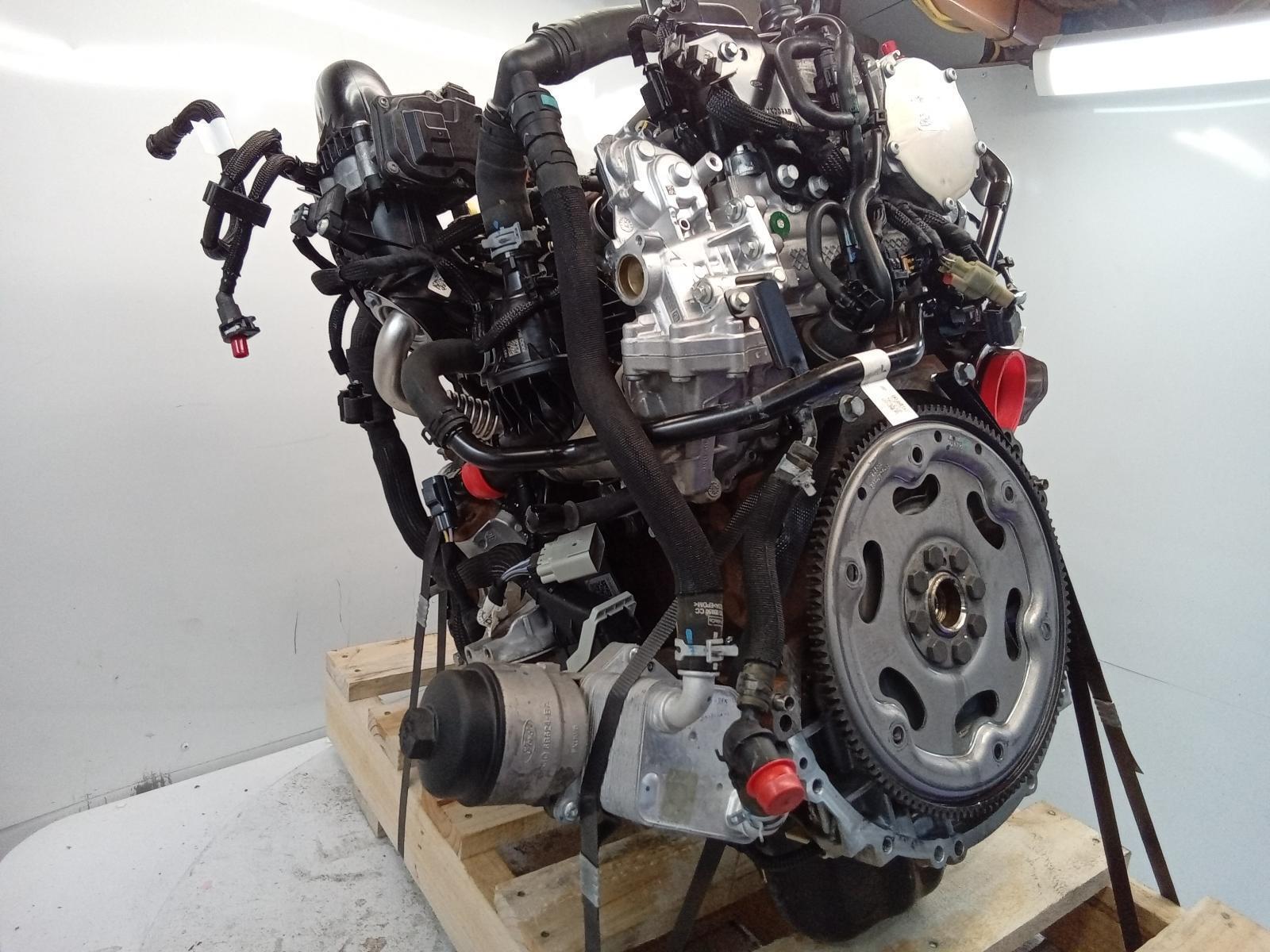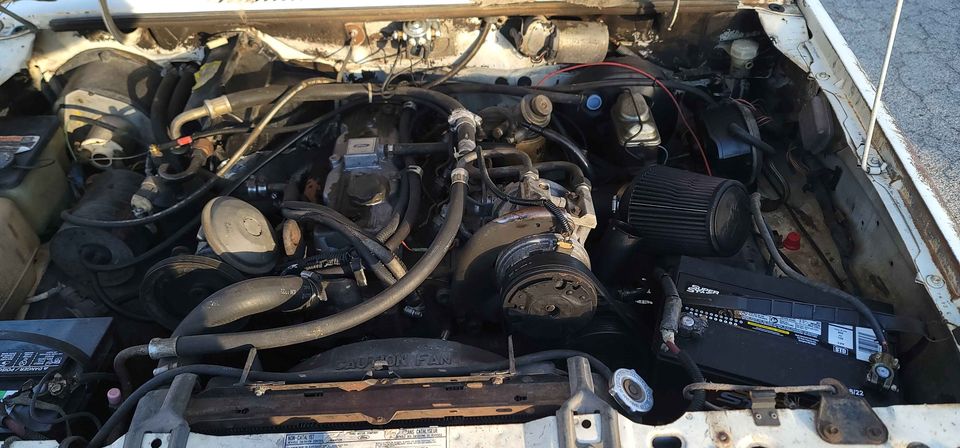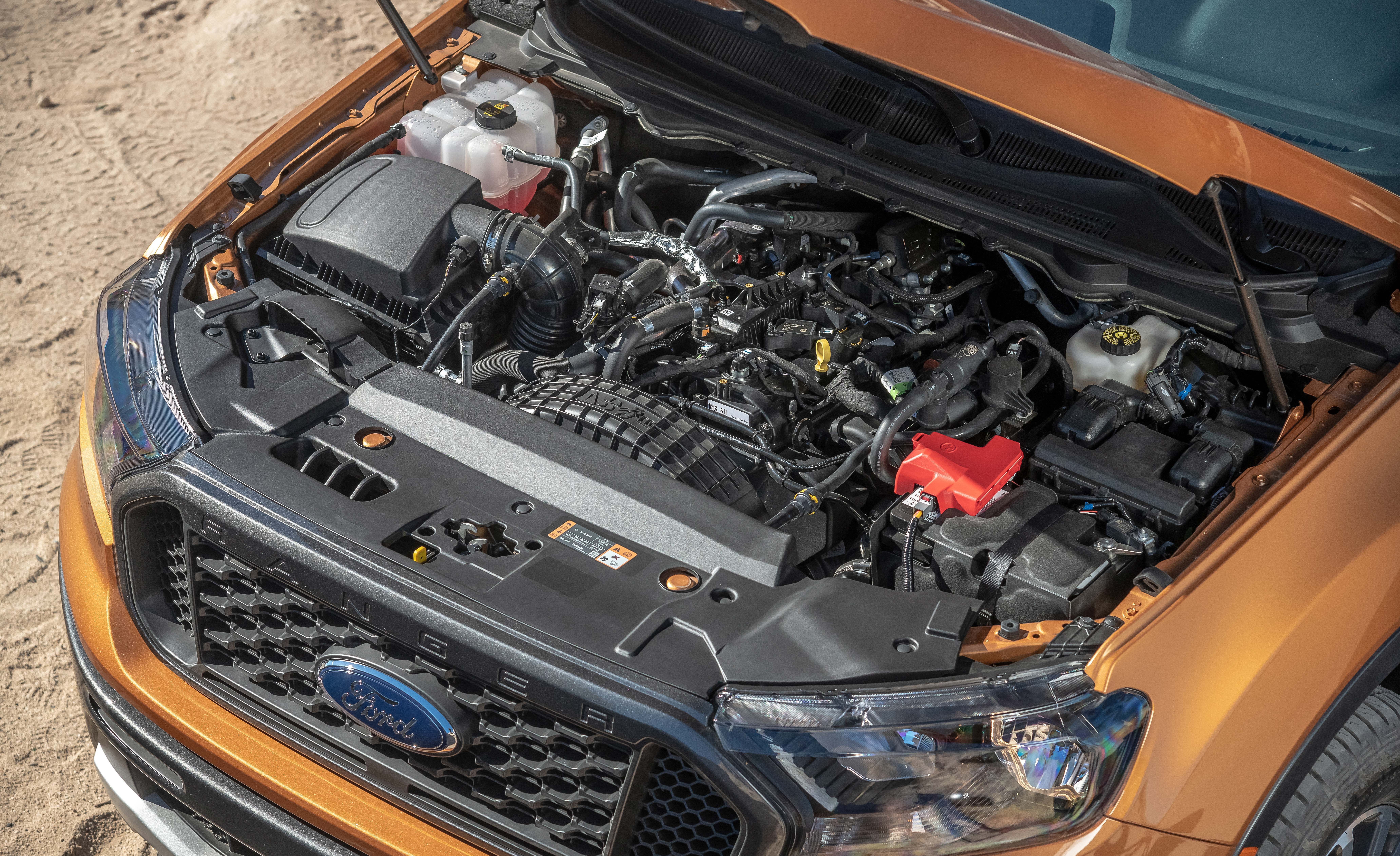What Makes a Vehicle Engine Run Efficiently: Top Tips for Optimal Treatment
The smooth operation of an auto engine is fundamental to both efficiency and durability, making optimal care an essential obligation for car proprietors. Secret practices, such as routine oil changes, keeping coolant levels, and keeping track of air filters, are important yet frequently neglected. Moreover, the significance of checking ignition system and ensuring proper tire pressure can not be underrated. Recognizing exactly how these aspects adjoin can boost not only the effectiveness of your car but additionally your overall driving experience. What details steps should you prioritize to guarantee your engine stays in peak condition?
Routine Oil Modifications
One of the most crucial aspects of vehicle upkeep is ensuring your engine gets routine oil modifications. Engine oil lubes interior elements, reduces rubbing, and helps preserve ideal operating temperatures. Gradually, oil weakens because of warmth, impurities, and the all-natural byproducts of burning, leading to minimized efficiency and possible engine damage.
Many makers recommend transforming the oil every 5,000 to 7,500 miles, but this period can vary based on driving conditions and oil kind. Artificial oils might allow for longer intervals between changes. Normal oil changes not only boost engine efficiency yet also boost gas effectiveness, as tidy oil promotes smoother procedure.
Neglecting oil adjustments can lead to sludge build-up, which impairs flow and can bring about serious engine concerns. It is crucial to examine oil levels routinely and check for any kind of unusual changes in color or uniformity, which might indicate contamination or degradation.

Keeping Coolant Levels
Keeping correct coolant degrees is necessary for protecting against engine overheating and making certain optimal performance. The coolant, generally a mixture of water and antifreeze, flows with the engine, absorbing heat and protecting against thermal stress and anxiety. Not enough coolant can result in increased engine temperatures, which may cause severe damages or also overall engine failing.
To preserve optimum coolant levels, consistently check the coolant storage tank, generally located in the engine bay. Make certain the coolant is loaded to the advised mark, as indicated in your lorry's proprietor manual. It is recommended to inspect the degrees at least once a month or soon trips, especially throughout severe weather.
If you see that the coolant degree is continually low, there might be a leakage in the air conditioning system, which ought to be addressed immediately to stop more problems. 2.2 ford ranger engine. Furthermore, purging the coolant system every 2 to three years can help remove any collected debris and make certain efficient warm exchange
Checking Air Filters

It is advised to check the air filter every 12,000 to 15,000 miles, or much more regularly if driving in dusty or negative problems. An easy visual evaluation can frequently expose whether the filter is dirty or damaged. It needs to be changed quickly. if the filter shows up blemished or has noticeable dirt accumulation.
Utilizing a high-quality air filter created for your certain car design can additionally improve engine performance. In addition, some lorries may profit from recyclable filters that can be cleaned up and re-installed, supplying a cost-effective and eco-friendly choice.
Inspecting Flicker Plugs
Ignition system are essential elements of a vehicle's ignition system, special info directly affecting engine performance and efficiency. They develop the spark that fires up the air-fuel combination in the combustion chamber, promoting the engine's power generation. Routine assessment of ignition system is critical for keeping optimum engine feature and avoiding prospective concerns.
Dark residue or oil down payments can show incorrect combustion, while a blistered or white look might suggest getting too hot. Both conditions call for immediate attention to avoid further engine damage.
It's advisable to examine trigger plugs every 30,000 miles, or as suggested in your lorry's proprietor manual. Additionally, consider replacing them according to the manufacturer's standards, as worn or old trigger plugs can cause misfires, minimized gas effectiveness, and boosted discharges.
Monitoring Tire Stress
Guaranteeing proper tire pressure is an essential aspect of lorry security and performance. Under-inflated tires can result in reduced fuel efficiency, raised tire wear, and endangered handling. On the other hand, over-inflated tires can lower grip and enhance the danger of blowouts. For that reason, regular tracking of tire pressure is crucial for optimum vehicle operation.
Tire stress should be examined a minimum of when a month and soon trips. Use a reputable tire pressure scale to determine the stress when the tires are cold, preferably before the vehicle has been driven for at least three hours. Refer to the vehicle's proprietor handbook read this article or the placard situated on the motorist's side door jamb for the maker's recommended pressure degrees.
It is very important to note that tire pressure can vary with adjustments in temperature; a decline of 10 ° F can lead to a 1-2 psi decline in pressure. In addition, aesthetically inspect tires for any kind of indications of wear or damage throughout your surveillance regimen. Preserving appropriate tire stress not only boosts lorry security but also improves gas effectiveness and lengthens tire life, inevitably adding to a smoother engine efficiency.
Final Thought
In verdict, maintaining a car engine's smooth procedure calls for attentive interest to numerous crucial variables. Ultimately, a proactive method to engine treatment is vital for guaranteeing reliability and performance over time.
One of the most important aspects of vehicle maintenance is ensuring your engine gets routine oil adjustments. Engine oil lubes inner parts, decreases rubbing, and aids keep optimal operating temperatures. Normal oil adjustments not just enhance engine efficiency yet also improve gas effectiveness, as tidy oil promotes smoother operation.
Inadequate coolant can lead to boosted engine temperatures, which may cause serious damages or even overall engine failing.

Comments on “How the 2.2 Ford Ranger Engine Stands Out for Durability and Power in Tough Conditions”